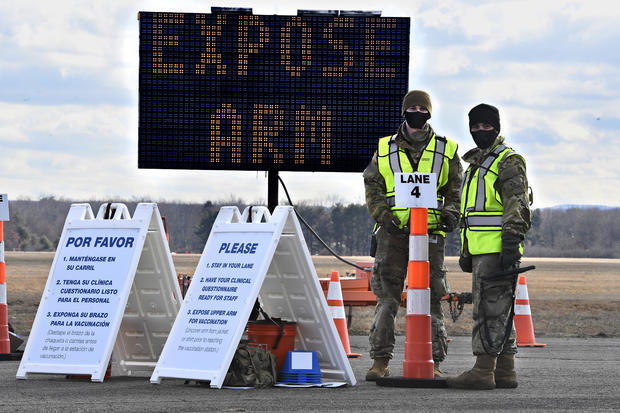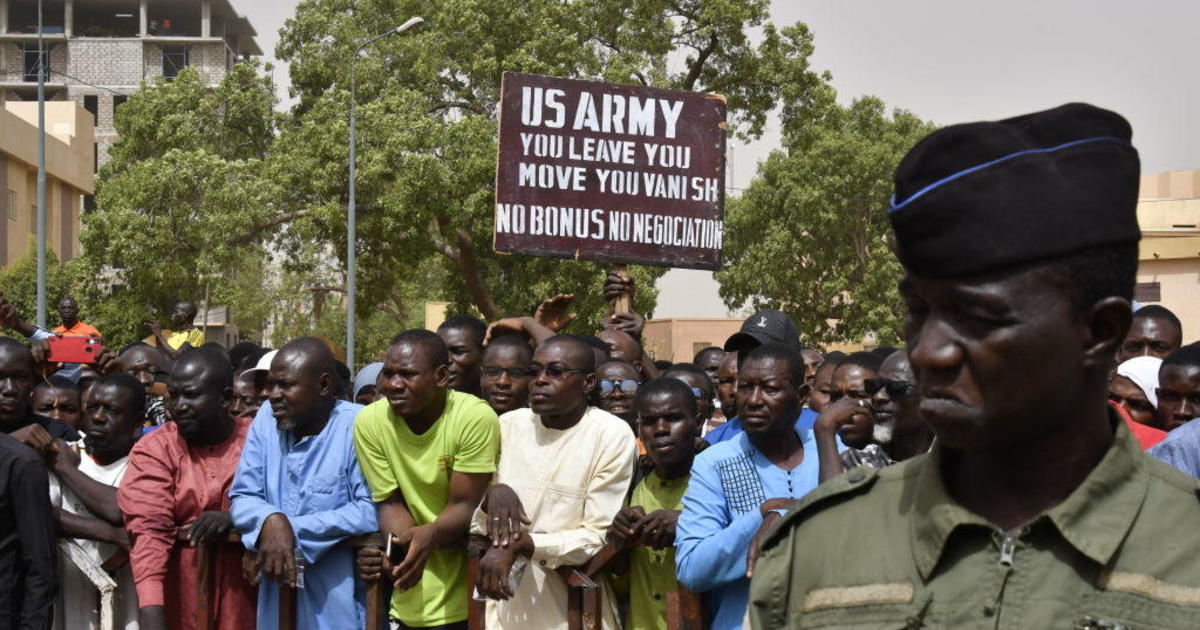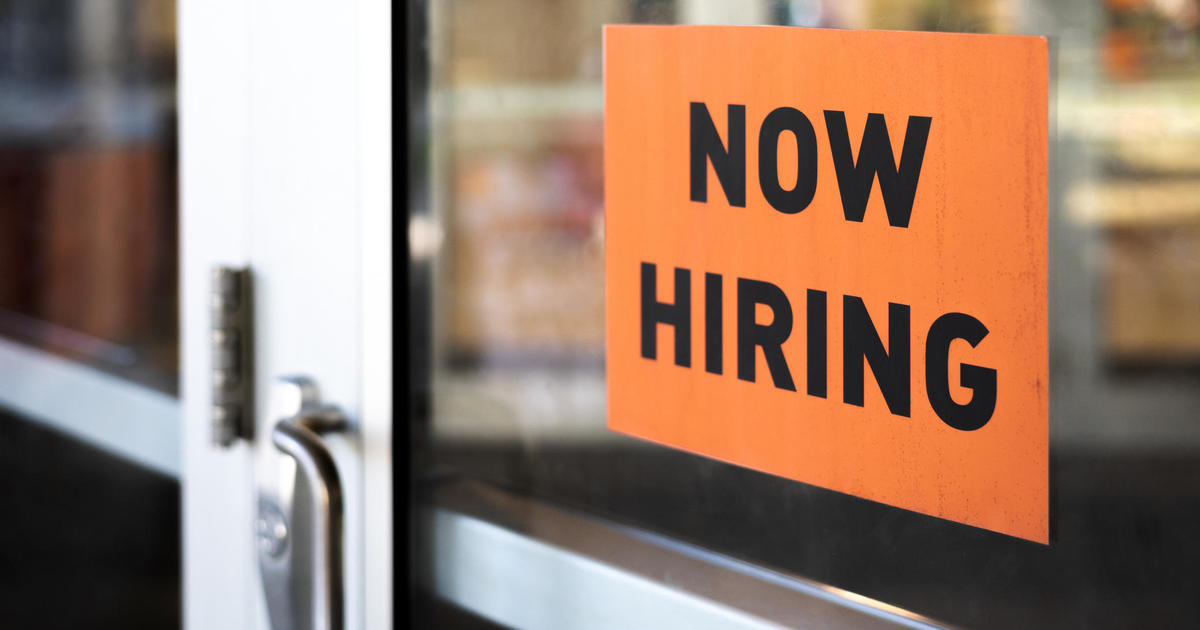COVID-19 vaccine rollouts are lagging. Here's what states are doing to pick up the pace
A growing number of states that have struggled to speedily distribute the COVID-19 vaccine are enlisting the National Guard for help.
Washington is the latest. Governor Jay Inslee on Monday said he would deploy the Guard to set up mass-vaccination sites, with a goal of ramping up to 45,000 inoculations a day from a current daily average of only 12,000. Previously, Like most states, Washington had mostly planned to rely on hospitals and pharmacies to distribute the vaccine around the state. But its distribution numbers have lagged.
As of January 19, Washington had administered only about 45% of the vaccines it had received from the federal government. That ranks Washington No. 37 among all 50 states in terms of how much of the vaccine it has been allocated to date has actually gone into people's arms, according to the latest available data from the Centers for Disease Control and Prevention.
In all, about 20 states are using their local National Guard troops for everything from leading the vaccination effort to distribution to giving people shots. President Joe Biden has said that he would lean more heavily on the Federal Emergency Management Agency and the National Guard to help accelerate the rollout of the vaccine.
That's a shift. Many state and federal officials were initially reluctant to rely on the Guard in distributing the vaccine out of concerns that a military presence could scare away people who might fear the government was set to mandate inoculations.
As recently as October, Paul Mango, the deputy chief of staff for policy at the Department of Health and Human Services, predicted that the military would play almost no visible role in administering vaccines. "The overwhelming majority of Americans will get a vaccine that no federal employee, including the Department of Defense, has touched," Mango said at the time.
Rethinking the National Guard's role
Some health experts now say that may have been a mistake. Tinglong Dai, who studies health care and operations management at Johns Hopkins Carey Business School, thinks using military personnel to speed the vaccination effort is a "very smart idea," even if the sight of service members on America's street could jangle nerves.
"Nobody wants to see their city to look like it is under military occupation," Dai said. "Will it scare off some people? I don't think right now. The demand to get a vaccine is very high."
Encouragingly, the pace of daily COVID-19 vaccinations has increased sharply in the past week. Nearly 6.4 million Americans got their initial doses in the past week, or just over 911,000 a day. That was up from a few hundred thousand a day the previous week, although still well short of the 2 million doses a day experts think is necessary for the country to reach herd immunity by late spring.
Perhaps the biggest reason for the increase in vaccinations is the mounting public pressure on governors whose states were falling behind, Dai said. That was also the reason more states appeared to be turning to the National Guard for help.
Last week, Arkansas Governor Asa Hutchinson activated 45 National Guard troops. He also turned over coordination of the state's vaccination efforts to retired Colonel Robert Ator, a former Air National Guard commander who was based in Little Rock.
Hutchinson also announced the state would begin distributing vaccines beyond just medical professionals and nursing homes.
"I'm not happy with it, and that's one of the reasons we're moving into the first two categories of phase B," Hutchinson said last week at a news conference, according to a report from local CBS affiliate KTHV.
In New York City, the Jacob Javits Convention Center has gotten its second pandemic makeover. Back in the spring, when the coronavirus was spreading rapidly, the complex on the west side of Manhattan was repurposed by National Guard troops into a COVID-19 treatment facility.
Now the Guard is at work turning the massive convention space into a mass-vaccination site. About 350 troops have been deployed to what is normally the home of the local annual auto show and New York's Comic Con gathering. Those service members will do everything from controlling access to the site and conducting temperature checks at the door to ensuring people are in the right lines. City officials say vaccinations will take 20 minutes to 30 minutes from sign-in to check out once the facility is up and running.
While the National Guard has been deployed to help with clean up after hurricanes and other natural disasters, there isn't much history of the military distributing vaccines. Marcus Plescia, the chief medical officer of the Association of State and Territorial Health Officials, has voiced concern about using the Guard for vaccine distribution. Plescia said he is worried that deploying the military to speed the process could give people false hope.
More specifically, the National Guard might succeed in boosting distribution temporarily, but too little vaccine is currently in transit for even 20% of all Americans to get shots, he said.
"We are still a few weeks or months away from having enough supply of vaccine to open up that way," Plescia said. "You will have people who want the vaccine and people who are capable of administering it, but you still won't have enough vaccines."




